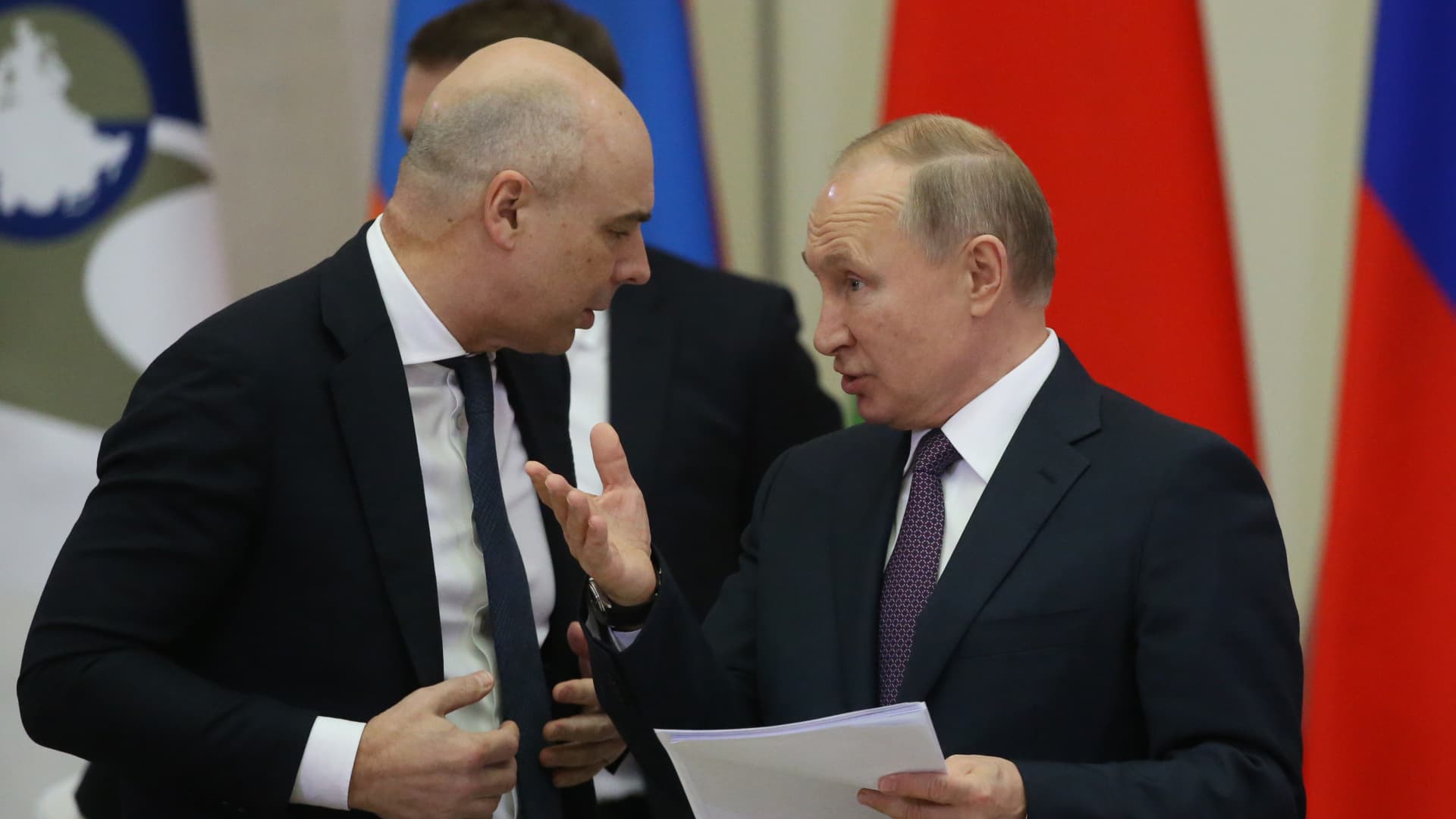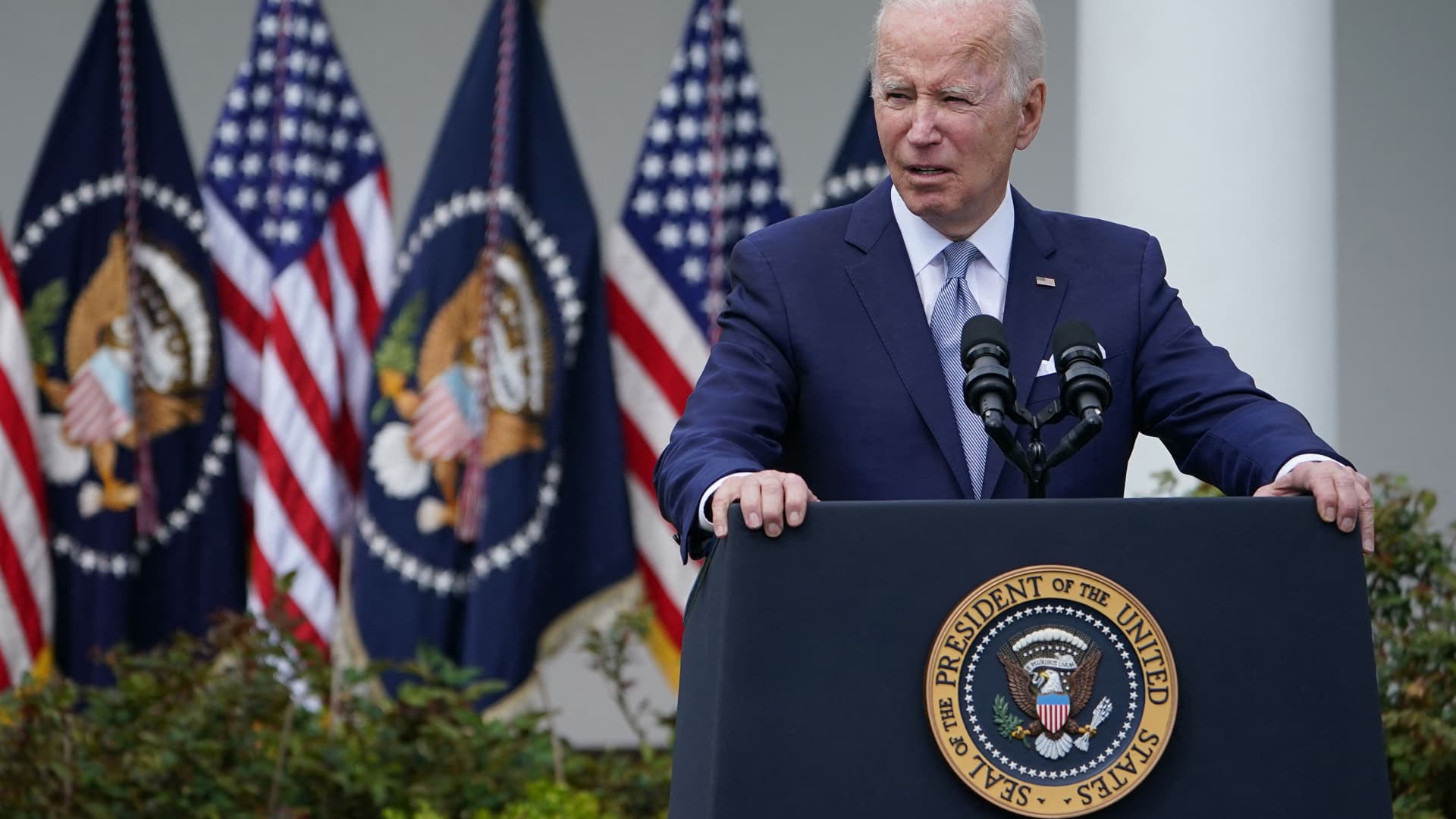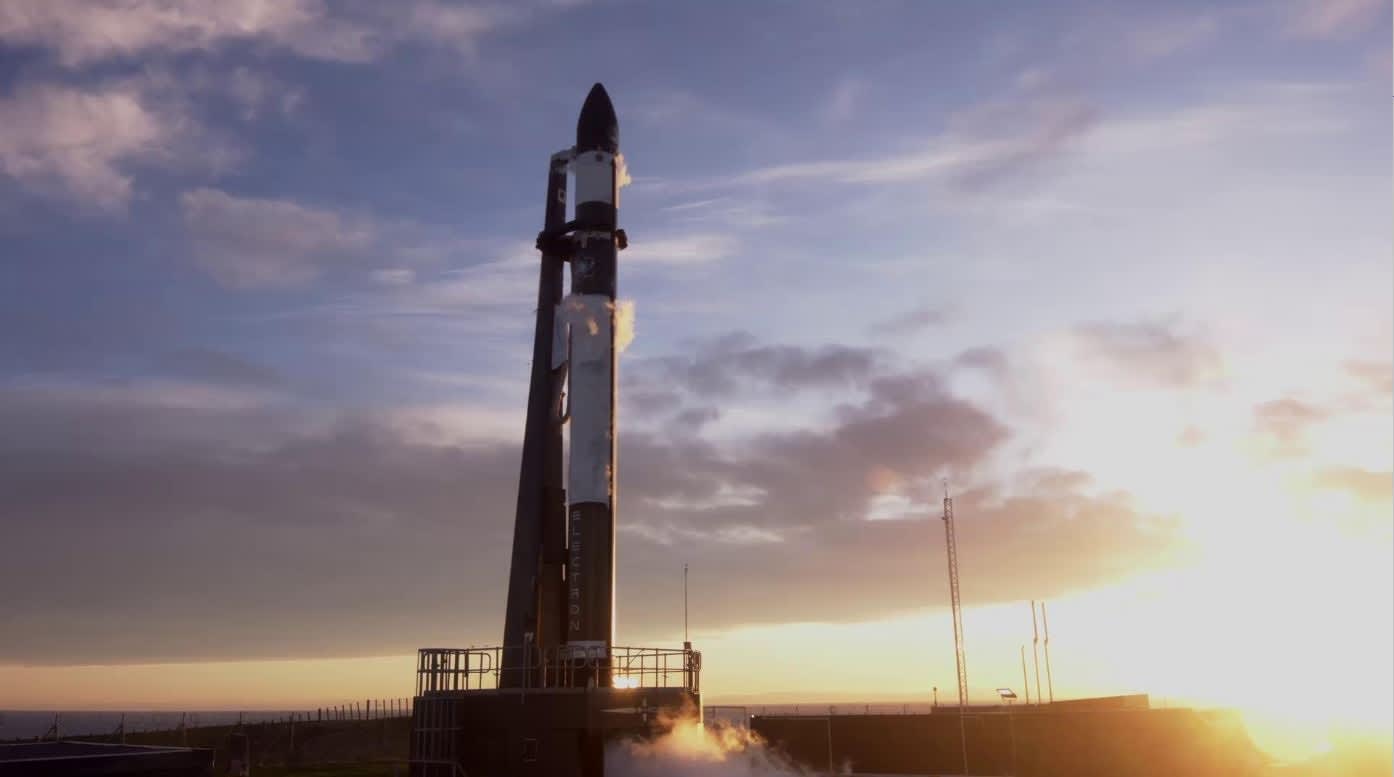Controversial stablecoin UST — which is meant to be pegged to the dollar — plummets below 30 cents
UST, a so-called stablecoin that's meant to maintain a $1 peg, was trading at less than 40 cents Wednesday.

Bitcoin, the world's largest cryptocurrency, has fallen over 50% since setting an all-time high of nearly $69,000 in November.
Dan Kitwood | Getty Images
The two main tokens from embattled crypto project Terra are in free fall.
TerraUSD, or UST, plunged to as low as 26 cents Wednesday morning. The so-called stablecoin is meant to maintain a 1-to-1 peg with the U.S. dollar. It was last trading at around 30 cents, according to Coinbase data.
Sister token luna dived to less than 90 cents. The coin has lost roughly 99% of its value in the past seven days, and now has a smaller market value than its stablecoin counterpart.
Bitcoin and ether initially saw more muted moves, but fell sharply after hotter-than-expected April inflation data. Bitcoin slumped about 7% to $29,196, while ether slipped 8% to $2,160.
Stablecoins are akin to bank accounts for the crypto economy, offering a sound store of value to avoid the kind of volatility cryptocurrencies like bitcoin have become notorious for — in theory, at least.
UST is what's known as an "algorithmic" stablecoin. It uses a complex system of minting and burning tokens to adjust supply and stabilize prices. UST's price has crumbled under the pressure of a sell-off in cryptocurrencies recently, resulting in further panic in the market.
Do Kwon, the coin's creator, made a last-ditch effort to return UST to its $1 peg by increasing the rate at which new luna is minted per day. The venture is essentially allowing supply of its stablecoin to be eaten up, a move it hopes will boost the price.
"I understand the last 72 hours have been extremely tough on all of you - know that I am resolved to work with every one of you to weather this crisis, and we will build our way out of this," Kwon tweeted Wednesday.
Investors had hoped for a fresh capital injection to boost the project. Backers of UST are reportedly seeking to raise more than $1 billion in funding to prop up the stablecoin.
Vijay Ayyar, head of international at crypto exchange Luno, said Kwon's announcement did not inspire confidence.
"They're letting the system bleed out in the hope that it will start re-pegging back when the 'excess' UST supply has been worn out," Ayyar said.
Kwon has amassed billions of dollars' worth of bitcoin through his Luna Foundation Guard fund to support UST in times of crisis. The fear now is that Luna Foundation Guard dumps those bitcoins onto the market, resulting in an even bigger sell-off.
Bitcoin slumped below $30,000 Wednesday, the second time in a week it has fallen beneath that level. The world's biggest cryptocurrency is down over 50% since its November all-time high, as investors flee risky assets over rising inflation and slowing economic growth.
Algorithmic stablecoins are still a relatively new phenomenon. But UST has grown to become a major player in the crypto economy, with a circulating supply of 16 billion tokens.
David Moreno Darocas, a research analyst at CryptoCompare, said the situation highlights the "fragility" of algorithmic stablecoins like UST.
Read more about tech and crypto from CNBC Pro
"UST has grown to be both an integral and controversial piece of the crypto ecosystem," he said.
Elsewhere, crypto traders were also rattled by concerns over Coinbase's financial health.
CEO Brian Armstrong clarified Tuesday that there was "no risk of bankruptcy" for the crypto exchange even as digital currency prices slide.
"For our retail customers, we're taking further steps to update our user terms such that we offer the same protections to those customers in a black swan event," he said in a series of tweets. "We should have had these in place previously, so let me apologize for that."
Coinbase shares cratered 22% Wednesday after the company reported a 27% slide in first-quarter revenue.

 KickT
KickT 































